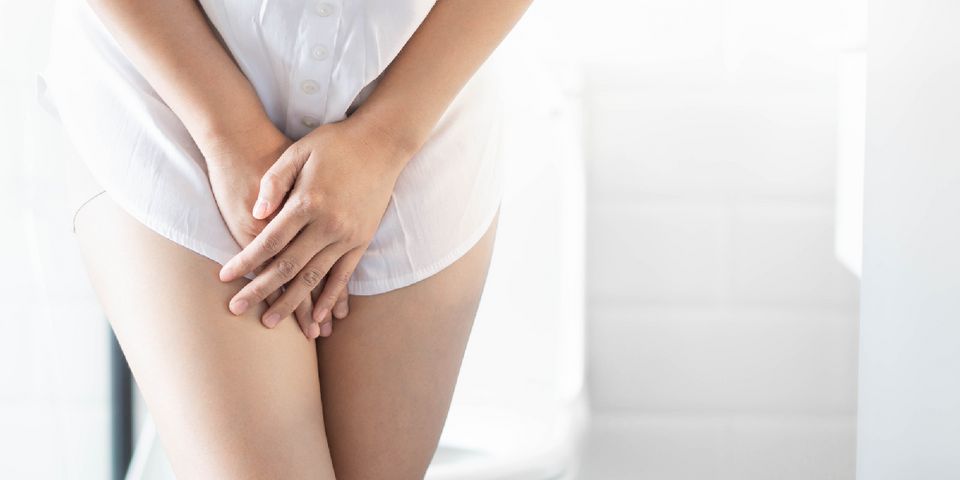
Over 25 million adults experience incontinence, with women representing the majority. Female urinary incontinence can occur at any age but is most common in women over 50. For most people, this condition is temporary or can be treated by a variety of different methods. Here is a guide to the most commonly asked questions about urinary incontinence.
Common Questions Surrounding Female Urinary Incontinence
What is urinary incontinence?
Urinary incontinence, or UI, is the involuntary loss of urine. This condition affects bladder control and can range in severity. Some women will leak urine after a sneeze or when jumping, while others may not be able to hold it long enough to make it to the restroom.
What are the different types?
The different types of female urinary incontinence are stress incontinence, urge incontinence, overflow incontinence and functional incontinence. Stress incontinence refers to loss of urine under physical exertion from lifting a heavy object, laughing, jumping or sneezing.
Urge incontinence is when a woman feels a sudden, powerful urge to urinate frequently, and is unable to hold it. Overflow incontinence occurs when a bladder doesn't empty completely, forcing urine to leak out accidentally. Lastly, functional incontinence refers to when a physical or mental disability prevents a person from getting to the toilet fast enough.
Why is this dangerous to women's health?

UI can be an inconvenient issue that forces patients to limit social interactions and their favorite activities to avoid embarrassment. Losing this sense of community can take a toll on a person's well-being and quality of life. For women with UI, there is an increased risk for dangerous slips and falls when rushing to get to the restroom. Additionally, incontinence can be an indicator of a more serious issue.
What treatments are available?
The most effective treatments determined by your doctor will factor in your age, medical history, and type of incontinence. Depending on what may be causing it, your doctor may suggest a change in medication if it appears to be affecting your bladder control.
Simple treatments may include a change in diet to exclude irritants like citrus, coffee, and caffeine. Other treatments include bladder training, toileting assistance using a schedule, and pelvic muscle strengthening exercises like Kegels or medication. Consult your doctor on what treatment would be most beneficial for you.
If you are experiencing female urinary incontinence, Medical Center Urology in High Point, North Carolina can help. This specialized practice, led by Dr. Richard Puschinsky, a board-certified and highly accredited urology specialist, provides the highest quality of care, respect, dignity, and discretion. For more than 25 years, Dr. Puschinsky and his skilled team have provided a wide range of services for men and women using a personalized treatment plan based on their unique needs. This state-of-the-art facility is fully equipped with onsite X-ray, CAT scan, and laboratory technologies that aid this team in cultivating the most effective therapies for their patients. To learn more, visit their website or call (336) 882-0220.
About the Business
Have a question? Ask the experts!
Send your question

